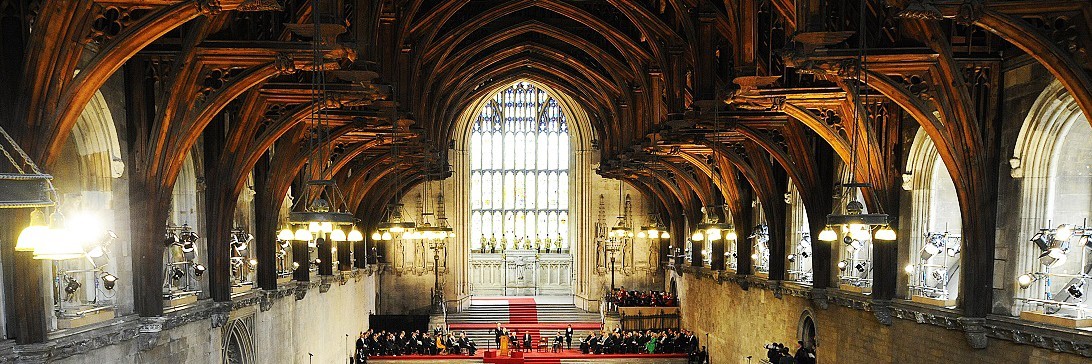The All-Party Parliamentary Human Rights Group (PHRG) and the UNHCR jointly organised a panel discussion on statelessness to mark the 50th Anniversary of the 1961 Convention on the Reduction of Statelessness.
Although the Universal Declaration of Human Rights confirms that everyone has a right to a nationality, it does not set out a specific nationality to which a person is entitled. The 1961 Convention on the Reduction of Statelessness aims to prevent statelessness, yet 50 years after its introduction, the problem of statelessness remains global: many millions still fall through the cracks and are not considered a national of any state.
Stateless persons may be refugees or migrants, having left their country of origin. Others live in their home country but are still not recognised as citizens. They often live on the margins of society, are subject to discrimination and exploitation, and suffer many hardships. They are usually voiceless: being unable to participate in the political process in the country in which they live and to access domestic legal remedies. They are left without legal residence, consular protection, or the right to return to their country of origin. No Government takes responsibility for their protection.
The Chair noted the joint report released in November by the UNHCR and Asylum Aid, “Mapping Statelessness in the United Kingdom”, and the UK Government’s restatement of its commitment to the 1961 Convention.
Chair: Lord Avebury, Vice-Chair, PHRG
Speakers:
Ms. Mirna Adjami, Senior Legal Consultant, Statelessness Unit, International Protection Division, UNHCR Geneva
Bronwen Manby, Senior Programme Adviser, Africa, Open Society Foundations
Greg Constantine, Photographer: Nowhere People: The Global Face of Statelessness (the recent exhibition sponsored by UNHCR and UPS)
A stateless ex-Malaysian British Overseas Citizen, representing “the Queen’s Chinese”

